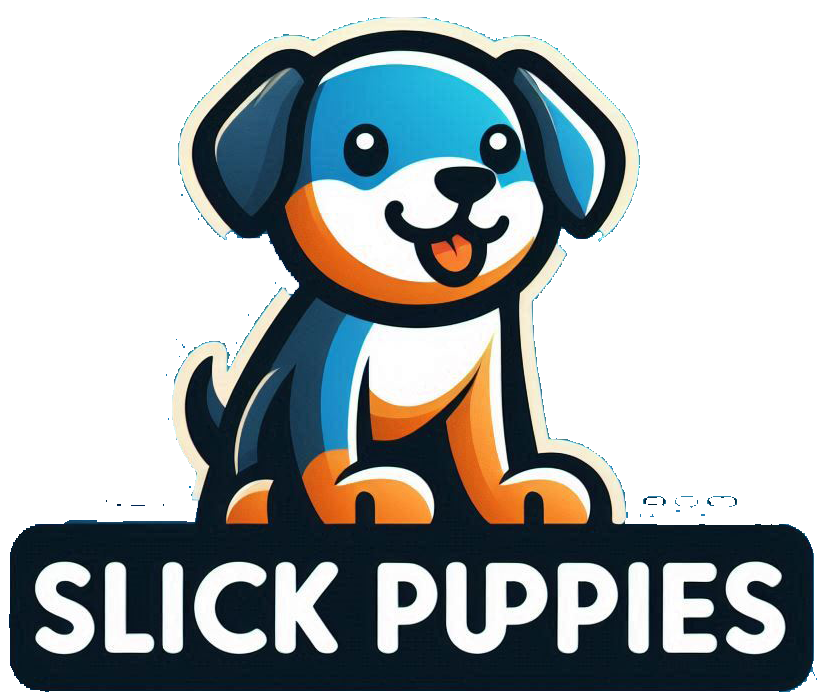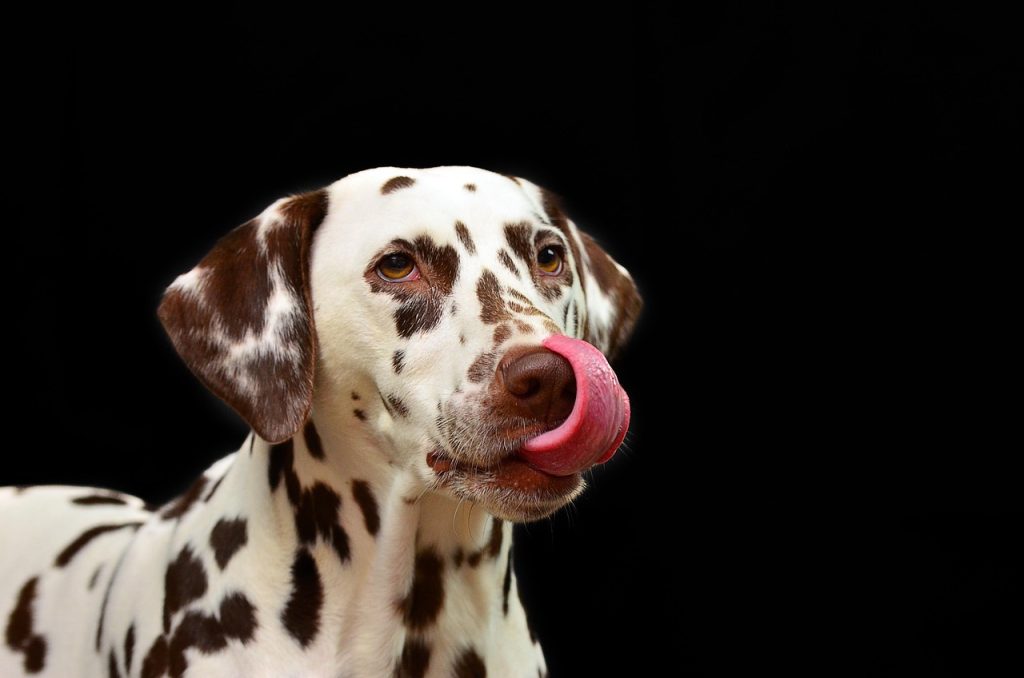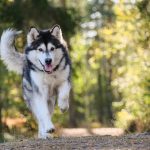As loyal companions of humans, dogs often express their feelings and needs through their own behavior. Among them, although the behavior of the dog licking the ass seems indecent, there are actually a variety of possible reasons behind it. To help pet owners better understand and cope with this phenomenon, this article will delve into the main causes of dog and provide tips on how to deal with them.
1. Anal gland problems
A dog’s anus has an anal gland on each side, and these glands secrete a special fluid during defecation that lubricates and identifies territory. However, due to various reasons, such as soft stools, abnormal gland structure, or allergies, the fluid of the anal glands may not drain properly, resulting in blockage or even inflammation of the glands. At this point, the dog will feel discomfort in the anal area and will try to empty these glands by licking or rubbing his butt on the ground.
Symptoms of anal gland problems usually include moving your butt on the floor, difficulty defecation, redness and swelling around the anus, and pus or blood in the stool. If left untreated, these problems can worsen and lead to more serious infections.
Treatment suggestion: Pet owners can regularly help their dogs squeeze the anal glands to prevent blockages. If your dog shows any of the above symptoms, they should seek medical attention immediately and may need to be treated with antibiotics. At the same time, adjusting the dog’s diet and increasing the intake of dietary fiber can help improve the problem of soft stools and reduce the risk of blocked anal glands.
2. Flea and parasitic infections
Flea bites and parasitic infections are also common causes of dog licking. Flea bites can cause itching, while parasites (such as tapeworms, whipworms, hookworms, etc.) can parasitize your dog’s intestines, irritating the intestines and triggering digestive disorders. These parasites may also pass eggs through the feces, irritating the perianal area, causing the dog to lick frequently.
Symptoms of flea bites include itching, hair loss, crusting, redness, and inflammation, among others. Parasitic infections may manifest as diarrhea, vomiting, malnutrition, etc.
Handling advice: For flea problems, you can use specialized flea treatment and prevention products and keep your dog’s living environment clean. For parasitic infections, stool examinations should be performed regularly, and appropriate anthelmintic drugs should be used depending on the results of the examination. At the same time, keep your dog’s diet hygienic and avoid feeding raw meat and other foods that may contain parasites.
3. Skin infections and allergies
Dogs’ skin can also become infected due to exposure to allergens or injuries. Urine and feces can make the butt dirtier, and if there is a wound or broken skin around the dog’s butt, it can easily cause infection. Environmental allergies (e.g., pollen, dust mites, etc.) and food allergies can also cause symptoms such as redness, swelling, itching, etc., which can prompt them to lick the fart area frequently in an attempt to relieve discomfort. Symptoms of a skin infection usually include: redness, swelling, pain, increased discharge, hair loss, and persistent licking and scratching behavior.
Handling suggestions: First of all, pet owners should carefully check the dog’s butt for wounds or abnormalities around the buttocks, and try to avoid exposing the dog to substances that may cause allergies. Areas that have already been infected can be cleaned with a mild disinfectant and antibacterial ointment for pets can be applied. If symptoms persist or worsen, you should seek medical attention, which may require oral antibiotics or allergy medications.
In addition, in order to prevent skin infections and allergies, pet owners should keep their dogs’ living environment clean and dry, bathe their dogs regularly and choose pet shampoos suitable for their skin type. In terms of diet, it is also important to avoid feeding foods that may cause allergies, such as certain grains, seafood, etc. Through comprehensive management and careful care, it can effectively reduce the behavior of dogs licking their buttocks due to skin problems.
4. ways to stop your dog from excessive licking
Here are some effective ways to stop your dog from excessive licking:
1. Identify the Cause
- Medical Issues: Check for allergies, skin infections, pain, or gastrointestinal problems.
- Anxiety/Stress: Licking can be a self-soothing behavior due to boredom or separation anxiety.
- Habit/Attention-Seeking: Dogs may lick to get your attention or out of habit.
2. Redirect Their Behavior
- Offer chew toys, puzzle feeders, or interactive games to keep them occupied.
- Train them to perform alternative behaviors (e.g., “sit” or “down”) instead of licking.
3. Use Positive Reinforcement
- Reward your dog when they stop licking on command (e.g., “No lick”).
- Ignore attention-seeking licking to avoid reinforcing the behavior.
4. Create Physical Barriers
- Use an Elizabethan collar (cone) or anti-lick sleeve for wounds or hotspots.
- Apply bitter-tasting sprays (pet-safe) on surfaces or body parts they lick excessively.
5. Increase Exercise & Mental Stimulation
- More walks, playtime, and training sessions can reduce stress-related licking.
- Provide enrichment activities (sniff mats, treat-dispensing toys).
6. Manage Anxiety
- Use calming aids (thundershirts, pheromone diffusers, or vet-approved anxiety meds).
- Desensitize them to triggers (e.g., gradual alone-time training for separation anxiety).
7. Keep Skin & Coat Healthy
- Regular grooming to prevent irritation.
- Use vet-recommended shampoos or ointments for skin conditions.
8. Consult a Professional
- If licking persists, visit a vet to rule out medical issues.
- A dog trainer or behaviorist can help with compulsive licking habits.



